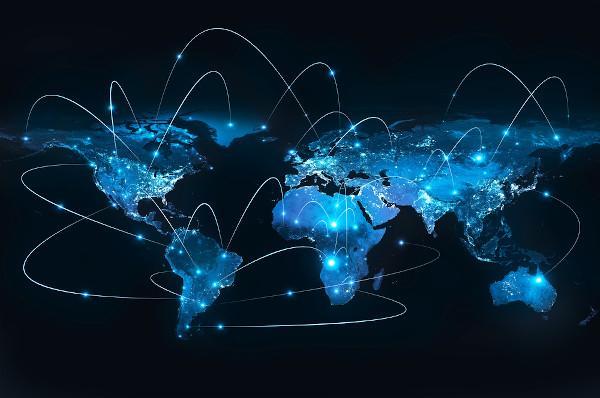
The internet is now an important part of our everyday lives, and it has greatly changed how we communicate, work, learn, and get information. We have seen its spur economic growth, open up new opportunities, and connect people worldwide.
Because of this, the number of internet users around the world keeps climbing, driven by factors like the increasing availability of affordable devices, improved connectivity, and the proliferation of digital services.
Africa, despite its challenges, is not left out of this global trend. While internet use on the continent is still relatively lower compared to other regions of the world, significant strides have been made in recent years.
This growth can be attributed to several factors, including investments in infrastructure, the expansion of mobile networks, and efforts to increase digital literacy.
As of January 2024, Nigeria had over 103 million internet users, the highest number in Africa, according to data from DataReportal. Egypt followed with more than 82 million users.
Notably, in leading digital markets across the continent, most web traffic came from mobile devices. In Nigeria, which has one of the largest numbers of internet users globally, 86.2 per cent of web traffic is generated via smartphones, while only about 13.3 per cent comes from PCs.
This trend is partly due to the lower cost and lesser infrastructure requirements of mobile connections compared to traditional desktop PCs with fixed-line internet connections.
Below are the 10 African countries with the highest number of internet users in 2024:
| Rank | Country | Number of internet users |
|---|---|---|
|
1 |
Nigeria |
103 million |
|
2 |
Egypt |
82 million |
|
3 |
South Africa |
45 million |
|
4 |
Morocco |
34 million |
|
5 |
Algeria |
33 million |
|
6 |
Ghana |
24 million |
|
7 |
Congo, Dem. Rep. |
28 million |
|
8 |
Ethiopia |
24 million |
|
9 |
Kenya |
22 million |
|
10 |
Tanzania |
21 million |









